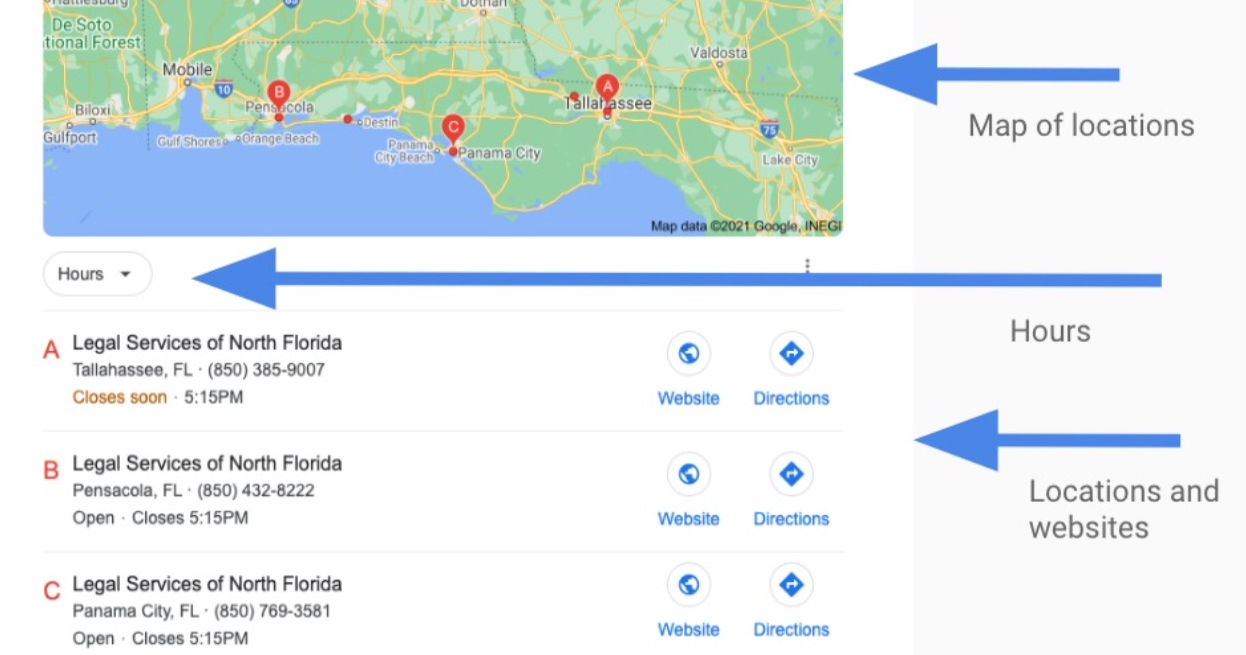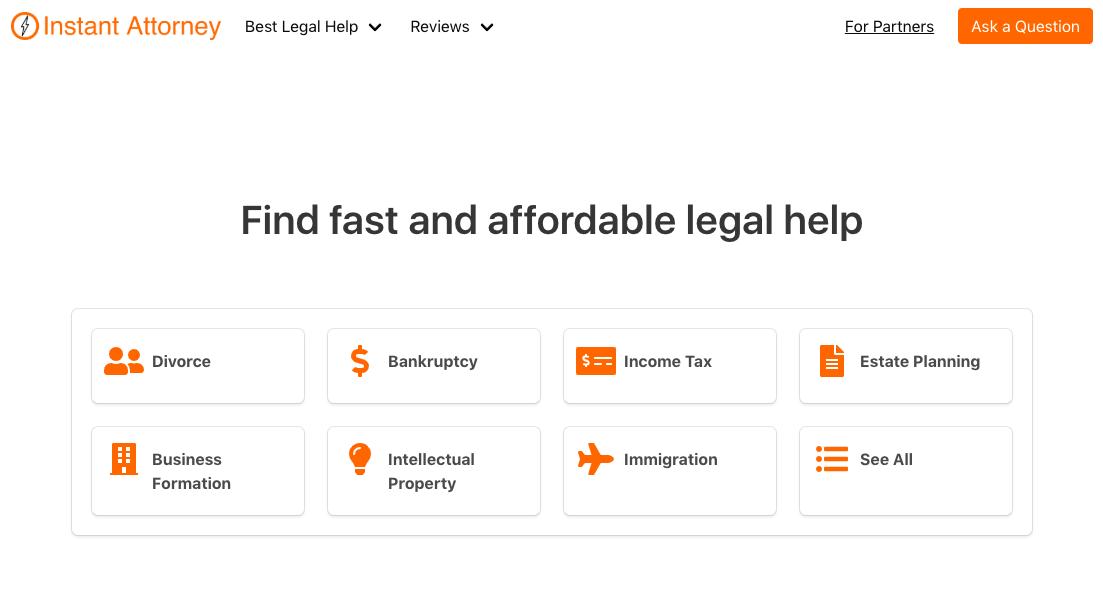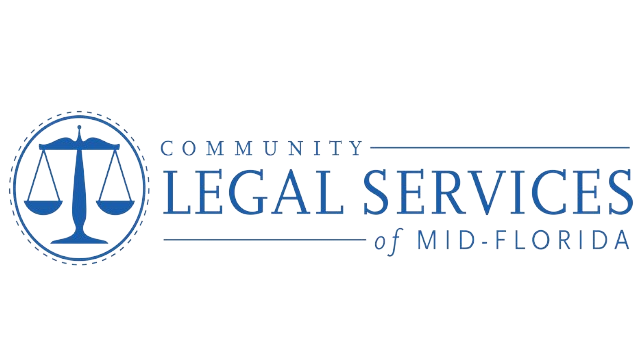Tag: legal services
-

Improving access to legal aid by improving search results with schema.org
Despite the vast amounts of information on the Web, finding reliable information about legal services through internet searches is harder than many expect. Basic searches — for needs like assistance with evictions, help with public benefits, or protection from domestic violence — often turn bewildering as results on Google, among other search engines, typically seem…
-

Providing Access to Legal Assistance through Instant Attorney
[Welcome to Everett Pompeii of Clerical.AI! We are excited to feature this as our most recent highlighted project from the field of legal services.] Where should you refer someone for legal help? The answer given is usually one of two extremes: free legal aid or the local bar association. There are other options out there,…
-

Open Referral Powers Two New Tools for Minnesotans Seeking Legal Aid
Minnesota’s Legal Services State Support project seeks to improve access to justice for all Minnesotans. An integral part of “State Support’s” work is managing LawHelpMN.org, a comprehensive website that provides free information about legal resources and services. Throughout 2018, State Support has worked to create a centralized portal of legal services available in Minnesota– the…
-

The Florida Legal Aid Resource Federation: Pilot Report
After two years of development, we’re pleased to share details of our successful Florida Legal Aid Resource Federation pilot! Initiated in 2016 (see our original post here) and completed in 2018, with support from the Legal Services Corporation and the Florida Bar Foundation, the Florida Legal Aid Resource Federation (FLARF) was a complex project with a…
-

Implementing Open Referral with Drupal and WordPress
Abhijeet Chavan is the Chief Technology Officer of Urban Insight, a digital solutions agency that produces platforms like DLAW, a Drupal-based legal aid resource platform. In this post, he describes the recent adoption of Open Referral for DLAW’s legal aid resource websites, which are in use in over a dozen states across the country. Welcome,…
-

The Florida Legal Resource Directory Project
[Update: This pilot has come to a successful conclusion! Read our final report here.] Legal problems: sometimes you don’t even know you have one until it’s too late. When it comes to people with low incomes, legal problems of various kinds — issues with landlords, family disputes, rejected benefits, etc — can be outright debilitating. Yet while…
-
Open Referral for legal services in Illinois: the new IllinoisLegalAid.org
This is a guest post from Teri Ross, Program Director for Illinois Legal Aid Online. Illinois Legal Aid Online develops technology and information to increase access to justice for people in Illinois who may otherwise be foreclosed from it, especially for those who cannot find or afford a lawyer. Illinois Legal Aid Online, or…
-
LegalServer’s First Take at an Open Referral Implementation
Jeff Hogue is the Director of Operations and Community Relations for LegalServer. LegalServer is a configurable web-based platform that dynamically responds to the complex, rapidly changing challenges faced by legal service providers who strive to provide effective advocacy to the most vulnerable among us. In this field of legal services, some of our major challenges…
